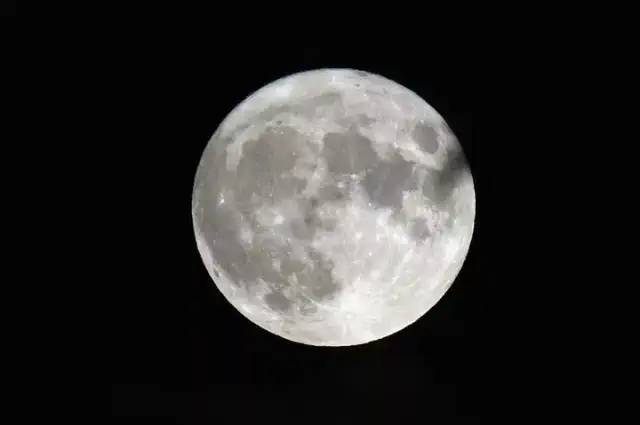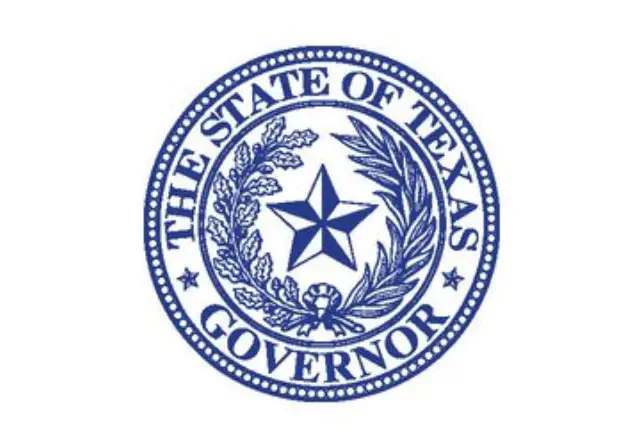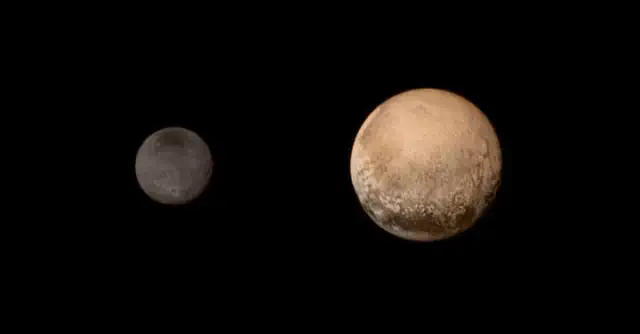Full Moons are eagerly awaited occasions in the lunar calendar. Here’s how you can catch the first full 'Wolf Moon' of 2025.
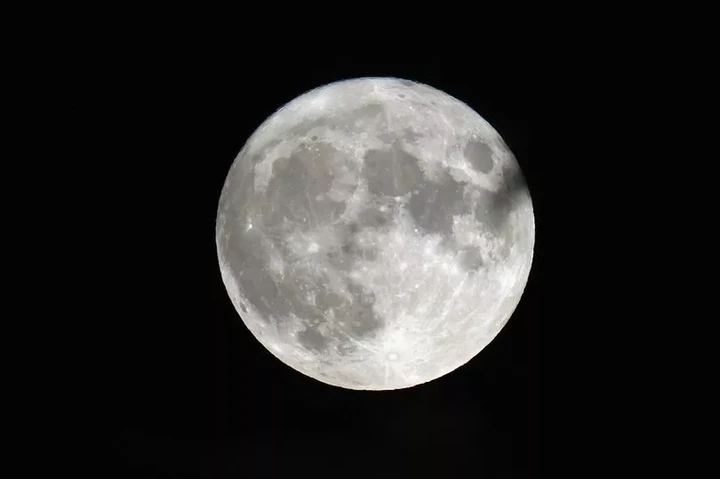
View pictures in App save up to 80% data.
Skywatchers won't have to wait much longer for the first full Moon of the year to illuminate our night skies.
A full Moon occurs when the side of the Moon facing the Earth is fully illuminated by the Sun. It rises around sunset and sets around sunrise.
The upcoming full Moon is scheduled for Monday, January 13, 2025. It will attain its full phase at 10:26 PM GMT, although the times for moonrise will differ based on your specific location within the UK.
The same side of the Moon always faces Earth. NASA says this is due to the interplay of gravity between the Earth and Moon slowing the moon into a rotation at the same speed it orbits Earth – a process known as being ‘tidally locked’.
During the course of the lunar month, observers of the Moon can witness the movement of the terminator, which is the dividing line between the illuminated and dark portions of the lunar surface. When a full Moon occurs, the side of the Moon that faces Earth is completely illuminated.
The term 'Wolf Moon' is derived from Native American traditions, where it was used to describe the first full moon of January. This name reflects the time of year when wolves were often heard howling in the cold winter nights, as they ventured out in search of food. The name has since been adopted into modern culture and is commonly used to refer to this specific full moon.
The term "Wolf Moon" refers to the second full moon of the winter season and marks the first full moon of the new year. This name is thought to have come from Indigenous peoples in North America, as it was during this time that the sounds of wolves howling could often be heard in the night.
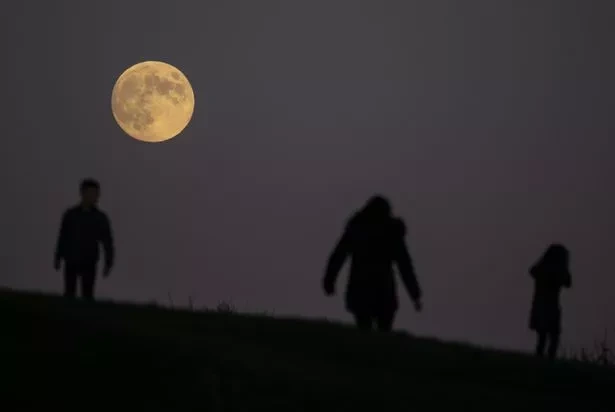
View pictures in App save up to 80% data.
Dr. Darren Baskill, an astrophysicist at the University of Sussex, explains, “Some European cultures refer to the January Full Moon as the Wolf Moon, inspired by the haunting howls of wolves that echo through the winter as they hunt for sustenance.”
“Wolves were hunted to extinction in the UK just 250 years ago, being Britain’s last apex predator to go extinct,” Baskill told BBC Science Focus. “But their presence is still remembered today through the oral tradition of the names of the Full Moon.”
Every month features a unique name for its full Moon. For instance, June is known for its 'Strawberry Moon,' while September is referred to as the 'Corn Moon.'
Full Moon schedule for the remainder of 2025.
Monday, January 13 — Wolf Moon
Wednesday, February 12 — Snow Moon
Friday, March 14 — Worm Moon
Saturday, April 12 — Pink Moon
Monday, May 12 — Flower Moon
Wednesday, June 11 — Strawberry Moon
Thursday, July 10 — Buck Moon
Saturday, August 9 — Sturgeon Moon
Sunday, September 7 — Corn Moon
Monday, October 6 — Hunter’s Moon (Supermoon)
Wednesday, November 5 — Beaver Moon (Supermoon)
